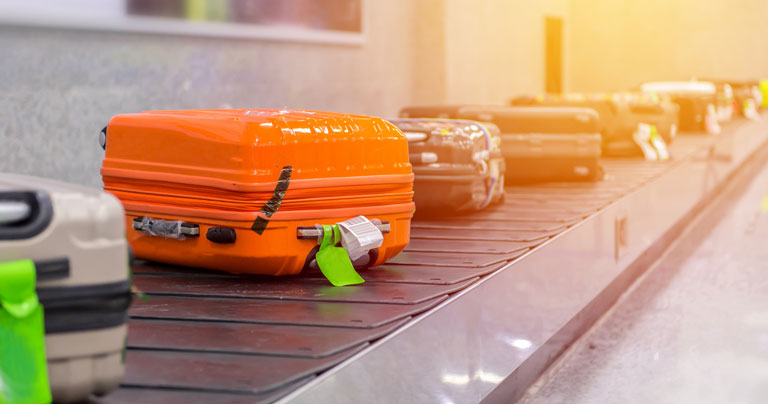
The aviation industry is poised for massive growth, with passenger numbers expected to double by 2040. However, the current baggage handling processes are inadequate to cope with this surge. Over 23 million bags get mishandled annually, costing airlines a staggering $2.3 billion according to SITA.
To address the challenges, IATA Resolution 753 mandates that airlines track baggage at four key points, aiming to reduce mishandling. However, statistics show the rate of mishandled luggage per passenger has risen since 2018 instead of declining as intended. This baggage issue persists despite the increased tracking required, hurting airline and airport reputations among disgruntled travellers. This is where Radio Frequency Identification (RFID) emerges as the most viable large-scale baggage tracking solution.
RFID allows contactless identification of baggage using radio waves, without requiring line-of-sight. RFID tags attached to bags transmit unique identification data when in range of readers. The ultra-high frequency (UHF) RFID systems widely used in aviation can simultaneously read multiple tags up to 10 meters away.
Importantly, RFID technology fully complies with the IATA standard 1740c. This ensures seamless global interoperability regardless of the airport or country.
When tested head-to-head, RFID demonstrated over 97% successful tag reads compared to just 60-70% for barcodes. The higher accuracy leads to fewer mishandled bags, with RFID expected to reduce baggage mishandling rates by 25%. That translates to massive cost savings, as each mishandled bag costs airlines around $100.
Additionally, RFID allows accurate real-time tracking of bags. This helps meet the pressing consumer demand for robust baggage tracking, creating higher passenger satisfaction and loyalty.
For an airline, a $0.1 RFID investment per passenger yields $0.2 savings per passenger. Industry-wide, RFID could save airlines $3 billion over the next 7 years as per SITA. Delta Airlines is already reaping RFID benefits after deploying over 5000 RFID readers globally.
Despite the statistics above, RFID adoption is gradual due to rollout costs. However, declining RFID tag prices have now made ROI more palatable. Standardization also lowers risk. To ease the transition, hybrid barcode+RFID solutions enable partial RFID implementation initially.
With increasing baggage volumes and new regulations prioritizing tracking, RFID is primed to drive the next evolution in baggage handling. The numbers speak for themselves – for airlines seeking operational efficiency and passenger trust, RFID is truly a game-changing innovation whose time has come.
The time for RFID is now. As early adopters reap benefits, airlines must reevaluate baggage management strategy. RFID’s advantages are clear and adoption penalties increase each passing day.
If you need any services, drop us a mail at Rohitkumar.Singh@gmrgroup.in or get in touch with us at +919717199753.